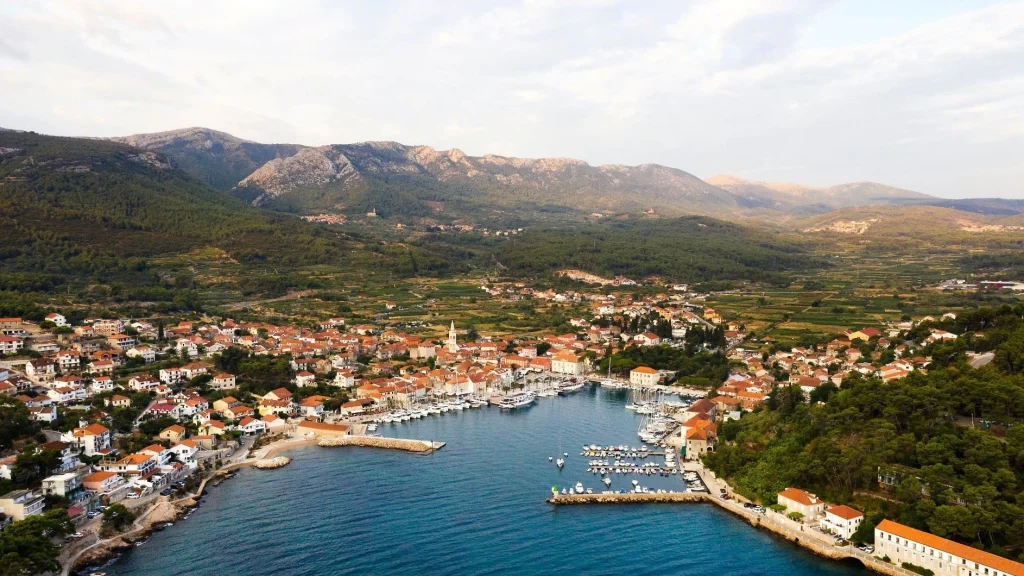Island at the table: Mediterranean Diet between global processes and Island knowledge
Jelsa, island of Hvar, Municipal Hall,
28 – 30 September, 2023.
After five years of meeting on Vis and another five on Lastovo, we invite you to Hvar, to the town of Jelsa, where the 11th Anatomy of Islands symposium will take place at the end of September this year.
This time we are inspired by land as a material and symbolic island resource, which on Hvar takes us to the Stari Grad Plain (Starogradsko polje), the oldest preserved example of Greek plot division system on the eastern Adriatic coast which is still in use today and included in UNESCO World Heritage List in 2008. This cultural landscape that has been and remains the “belly of the island” is the conceptual starting point of this year’s symposium, in which we will examine the island’s resources through the prism of the Mediterranean diet, understood in its broadest sense. Today the issue of the Mediterranean diet and its importance for the island communities needs to be addressed by taking into consideration the social, cultural, class, gender, spatial and identity making processes that shape this phenomenon. The Mediterranean diet is understood here as the totality of skills, knowledge, practices, beliefs and traditions that reflect local cultures and their way of life. As such they are related to farming and fishing, processing, preparation and, particularly, the consumption of food, viewed through its various social and symbolic aspects and perceived as a local knowledge and specific lifestyle. While posited as a heritage concept of preserving the traditional way of life, the Mediterranean diet equally emphasises a rational use and long-term preservation of natural resources. In contrast to the globalised food reality, this concept advocates locally oriented food systems and offers significant opportunities for creating development policies aimed at strengthening the food sovereignty and resilience of island communities by bolstering local production and local food consumption. The 11th Anatomy of Islands will be dedicated to examining good practices, local food and production activities, cross-sector connections between various stakeholders in short food supply chains, and the far-reaching consequences that food policies have on the overall development of island communities as unique and vulnerable social and cultural spaces. At a time of increasing awareness of the adverse consequences of climate change and specific risks thatisland spaces are facing today, such as tourism and gentrification, the symposium presents the possibility for a critical discussion of possible development policies shaped by the contact of initiatives from both above and below.
Islands are unique spaces due to their still sufficiently preserved terrestrial and marine biodiversity, economic structure based on limited arable land, specific traditions and technologies of food cultivation and production, as well as island lifestyle. Due to shortage of farmland and scarcity of resources, island economies are small-scale economies based on a “mixed” economic model of the island household
and diversification of economic activities. Disasters, economic crises, unemployment, poverty and famine have historically had a decisive and long-lasting impact on islands’ economies and populations.
Coping with the scarce resources, islanders diversified their economic activities while advocating for the optimal usage of resources. As a consequence, over time, emerged the notion of islander as bricoleur
– crafty and adroit individual known for its skills of improvising and adapting in a constantly changing environment – that shaped the ways island communities adapt to change.
This September on Hvar, we will deal with island spaces, islanders and their food practices. We want to open various questions and encourage different disciplinary approaches.
More info here

